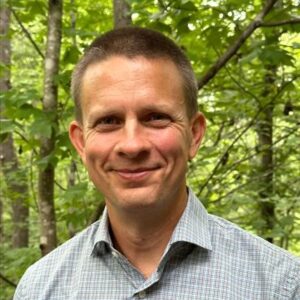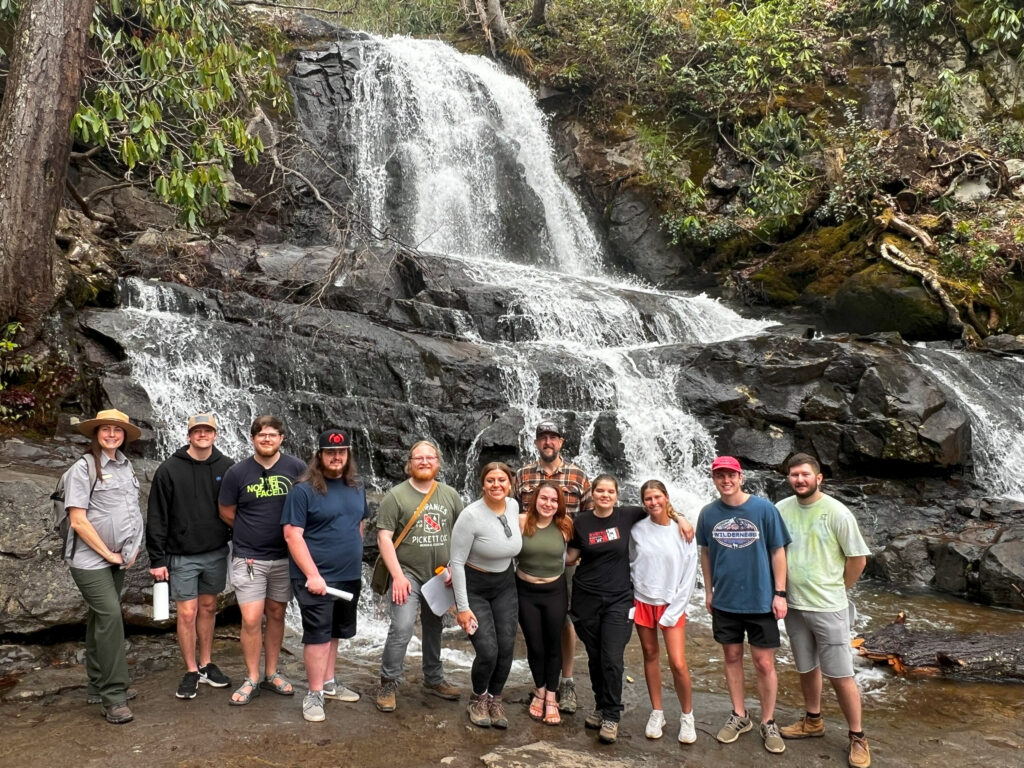The Outdoor Recreation and Park Management (ORPM) concentration provides the highest level of professional training for students seeking employment in the park management field and those interested in tapping into the growing outdoor recreation economy. It prepares students for careers as professionals in natural resource management agencies, non-profits, and small business operations.
Faculty

Ryan L. Sharp, PhD, Associate Professor
Ryan Sharp has held positions at Acadia National Park in Maine and worked as a visitor use specialist with the National Park Service Denver Planning Division. These experiences informed his research and teaching and allowed him to provide students with an inside look at outdoor recreation and park and protected area management.

Matt Hudson, Lecturer
Matt Hudson has over 25 years of experience with the National Park Service and Tennessee State Parks. He previously worked as chief ranger and deputy superintendent in the Obed Wild and Scenic River and held positions at Big South Fork National River and Recreation Area and Pickett State Park.


Featured Courses
ORPM 430 – Natural and Cultural Interpretation (3 credit hours)
Outdoor recreation and natural resources provide a unique context for educating adults and children about environmental issues. It provides a learning environment conducive to promoting environmental awareness and interpretation techniques. This course will include philosophies, concepts, and practical techniques of Environmental Interpretation (EI). This course will introduce students to individuals and agencies involved in EI. Prerequisite(s): ORPM 100, ORPM 150.
ORPM 300 – Outdoor Recreation Leadership (3 credit hours)
A philosophical, historical, and practical application of outdoor recreation leadership using various adventure and outdoor recreation-based methods and techniques.
ORPM 440 – Recreation Ecology (3 credit hours)
Physical impacts are an inevitable result of visitor use of outdoor environments. Much of the focus of outdoor recreation management is on reducing the scope of such impacts or mitigating their effects. The literature classifies impacts into two types: those affecting the resource (physical impacts), and those affecting visitors (social impacts). This class focuses primarily on physical impacts on the resource. Effective management must include anticipating and monitoring impacts and modeling potential solutions before implementing policies. Prerequisite(s): ORPM 352.
You can find the full requirements for this concentration in the academic catalog.
Career Paths for Students
Graduates are employed as park managers, rangers, conservation officers, planners, naturalists, agency and unit directors, program specialists, outfitter owners/managers, and small business owners.
